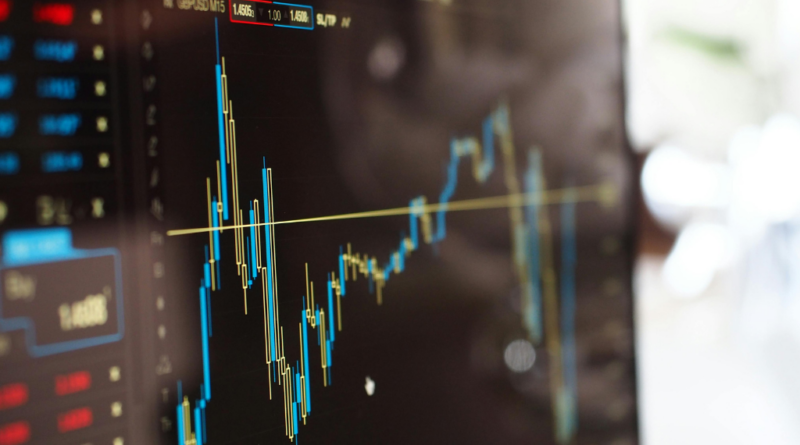How AI is Revolutionizing the World of Trading
In the fast-paced, high-stakes world of trading, staying ahead of the competition has always been the name of the game. Over the last decade, artificial intelligence (AI) has emerged as the game-changer that’s not only leveling the playing field but also reshaping the way financial markets operate. From algorithmic trading to risk management, AI is proving to be the silent powerhouse behind some of the most successful trading strategies today.
The Rise of AI in Financial Markets
The integration of AI in trading began with the advent of algorithmic trading in the early 2000s. Back then, traders used predefined rules to execute trades automatically. Fast-forward to today, and AI-powered systems are making those early algorithms look rudimentary. Machine learning (ML), a subset of AI, is enabling systems to analyze vast amounts of market data, identify patterns, and even adapt strategies on the fly—all without human intervention.
Consider this: financial markets generate terabytes of data every day. From stock prices and trading volumes to economic indicators and even social media sentiment, there’s an overwhelming amount of information to process. For humans, it’s impossible to digest and act on this data in real-time. But for AI, it’s just another day at the office.
How AI is Changing the Game
- Predictive Analytics One of AI’s most valuable contributions to trading is its predictive capabilities. By analyzing historical data, machine learning models can forecast market trends with a high degree of accuracy. For example, AI can predict price movements by identifying subtle correlations in the data that human traders might overlook.
- Sentiment Analysis Social media platforms like Twitter and Reddit have become surprisingly influential in shaping market sentiment. AI systems can analyze millions of posts, tweets, and news articles in seconds to gauge market mood. This capability was on full display during the GameStop trading frenzy of 2021, where online forums played a pivotal role.
- High-Frequency Trading (HFT) High-frequency trading, which involves executing thousands of trades in fractions of a second, relies heavily on AI. These systems use real-time data to make lightning-fast decisions, often profiting from tiny price discrepancies that last only milliseconds.
- Risk Management AI is also transforming risk management by providing tools to identify and mitigate risks more effectively. Advanced models can simulate various market scenarios, enabling traders to prepare for extreme events like sudden crashes or unprecedented volatility.
Challenges and Ethical Considerations
While AI offers immense potential, it’s not without its challenges. One major concern is the “black box” problem: AI models, particularly deep learning algorithms, often operate in ways that are not fully transparent. This lack of interpretability can make it difficult to understand why a particular trading decision was made, which is a problem in regulated industries.
Another issue is the democratization of AI tools. While large hedge funds and financial institutions have the resources to develop and deploy sophisticated AI systems, smaller players may find themselves at a disadvantage. This could exacerbate existing inequalities in the financial world.
Finally, there’s the ethical dimension. The use of AI in trading raises questions about market manipulation and fairness. For instance, should it be legal for AI systems to exploit minor inefficiencies in the market at the expense of retail investors?
The Future of AI in Trading
Looking ahead, the role of AI in trading is only set to grow. Quantum computing, for example, could supercharge AI capabilities, enabling systems to analyze even larger datasets at unprecedented speeds. We’re also likely to see greater collaboration between AI and human traders, with AI handling the data-heavy tasks while humans focus on strategy and oversight.
Moreover, regulators are beginning to take a closer look at AI’s impact on financial markets. Future regulations may focus on ensuring transparency and preventing the misuse of AI, creating a more level playing field for all market participants.
Conclusion
AI is no longer just a buzzword in the world of trading—it’s a necessity. From improving decision-making to reducing risks, its applications are transforming the industry in ways that were unimaginable a decade ago. However, as with any powerful tool, the key lies in using it responsibly. As traders and institutions continue to embrace AI, the challenge will be to balance innovation with ethics, ensuring that this technology benefits everyone, not just a select few.
One thing is certain: in the world of trading, the age of AI has only just begun.



